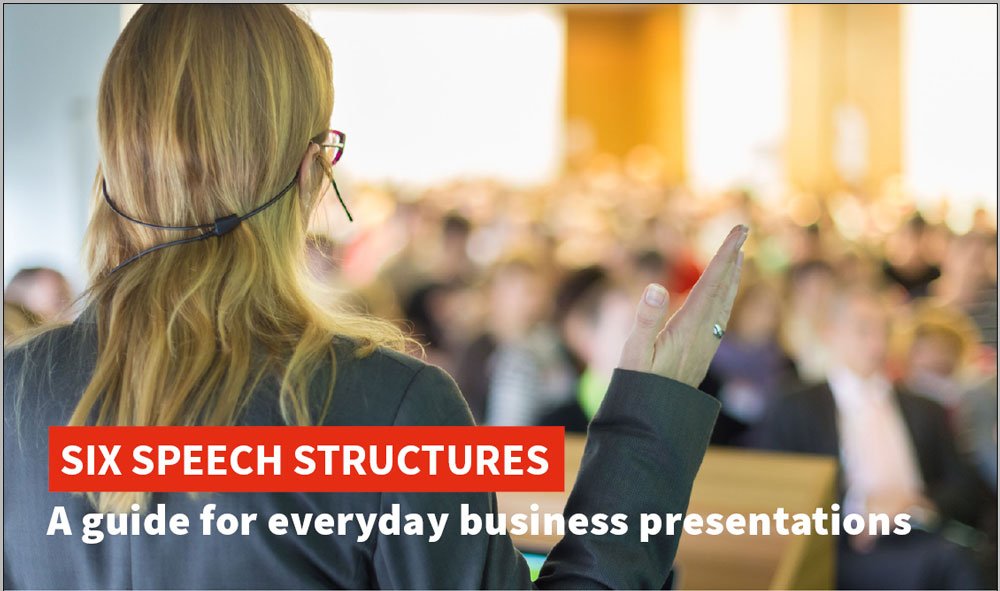The Three Dimensions of Feedback: Poison, Chocolate and Lemon


Giving feedback should not be just a tick box exercise. Not all feedback is created equal and in this article, Florian Mueck describes the different types you may give and how, without proper consideration, some may actually be doing more harm than good.
In my 3,013 days as a business consultant, as a member of Toastmasters International since 2005, and as a professional speaker and corporate trainer since 2009, I’ve experienced, felt and lived three dimensions of feedback — the poison, the chocolate and the lemon.
The poison
Negative feedback is poison to personal growth.
“I didn’t like how you…”
“What was missing is…”
“It’s wrong the way you…”
Do you like receiving comments like these?
Scientists say that our brains are wired for a bias towards the negative rather than the positive. So it is hardly a surprise that the nature of our jargon is often dark. When we like something, we say, “Not bad!” When everything works fine, we say, “No problem!” No wonder that we carry over this darkness into our feedback.
Apart from obvious poisonous feedback comments like the ones above, our everyday jargon also teems with subtler, hidden negative feedback demons.
One word constantly pops up in my trainings: too.
“He speaks too fast.”
“She’s too artificial.”
“Your body language is too stiff.”
Negative feedback focuses on the past. More importantly, negative things—thoughts, words, events—have more of an impact on our psychological state than positive things of an equal intensity. So even if our intentions are the best, giving negative feedback can be worse than if we had given none at all.
There are two better ways:
The chocolate
“I like your voice.”
“I love your humor.”
“Today you delivered a spot-on presentation.”
Lovely, isn’t it?
Positive comments, I call them PLUS feedback, motivate you. Public acknowledgment in front of others is sweet; it’s like chocolate.
However, there is one important aspect that we have to consider when we give PLUS feedback. It is not enough to say, “I like your voice.” Or, “I love your humor.” Or, “Today you delivered a spot-on presentation.”
No, that is not enough because we do not learn from generic comments like those. We learn from positive feedback only when we know why something was good.
“I like your voice, because of its strong, present volume. This volume transmits confidence and poise, which have a positive impact on your ethos, your credibility as a speaker.”
“I love how you poke fun at yourself. Self-deprecating humor is humble, the opposite of arrogance. It makes you more likeable.”
“Today you delivered a spot-on presentation. You went straight to the point, avoided unnecessary jargon, and had a strong, clear message.”
The secret of great PLUS feedback is your answer to the question why something is good. Most people fail to give reasons. They just say, “Well done!”
Well done is a missed learning opportunity.
PLUS feedback is positive and motivating, but it is most effective when you tell people specifically why their presentations were good.
The Lemon
The third dimension of feedback is my favorite. When was the last time you bit into a lemon? Do you remember the taste? It was sour. It tore your face apart.
But it was good for you. It has vitamin C. It is healthy.
Constructive feedback—PLUSPLUS—that helps you grow as a person and professional is exactly the same. Like a lemon it is sour. It tears your ego apart. But you accept it! Because you know that it helps you become a better version of yourself. It helps you grow. You know it is good for you.
PLUSPLUS feedback, in contrast to negative comments, is future-oriented. By telling others to do something more or do something less you help them to become better in the future.
You can literally turn any negative comment into PLUSPLUS:
From: “I didn’t like how you…”
To: “I’d like it more, if you…”
From: “You speak too fast.”
To: “If you speak slower, I can follow your points better.”
From: “Your presentation is too long.”
To: “With fewer slides you will increase your impact.”
In summary: your feedback is their growth
Throw away all poisonous feedback! Instead, serve chocolate and lemons. They will be happier, healthier and motivated to improve.
If you liked this, you might also like
How to Find the Right Speaking Coach for You
The Science of Calming Down an Anxious Presenter
Why Public Speaking Should be Taught in Schools











